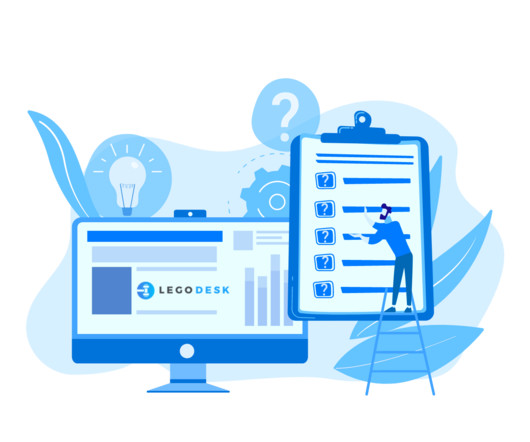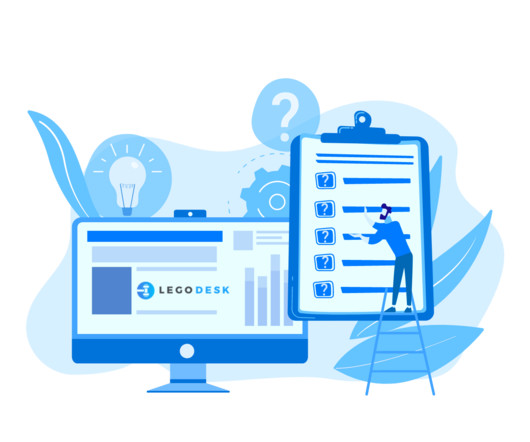The Importance of Legal Docketing for Law Firms Explained
Clio
OCTOBER 29, 2024
Book a demo of Clio Manage’s Court Rules feature and automate court deadline reminders with ease! Legal docketing is the tracking and management of deadlines and events related to legal work. Docketing helps law firms stay organized and compliant with legal deadlines, ultimately supporting the efficient management of cases.














Let's personalize your content